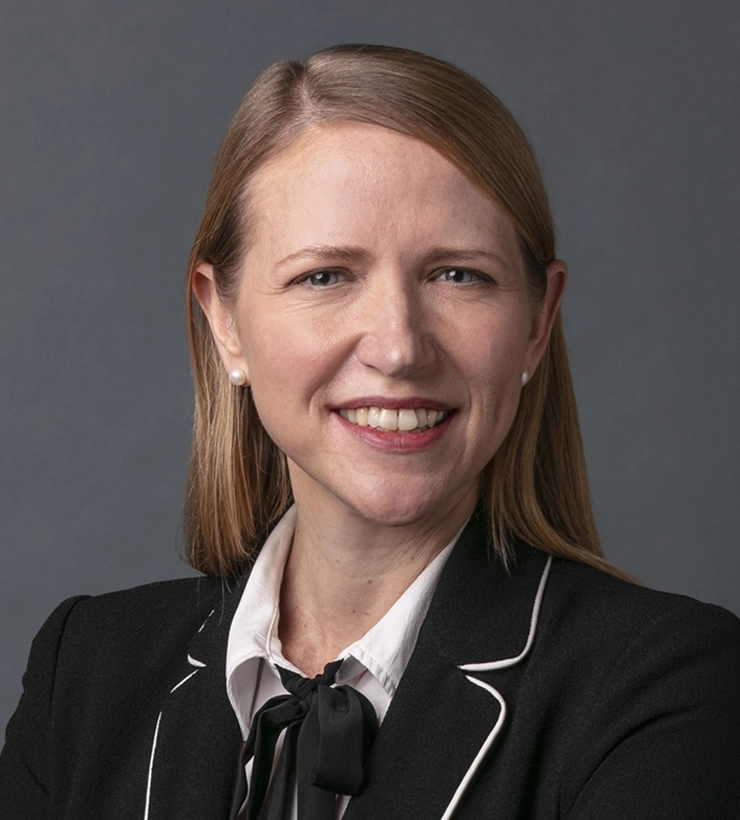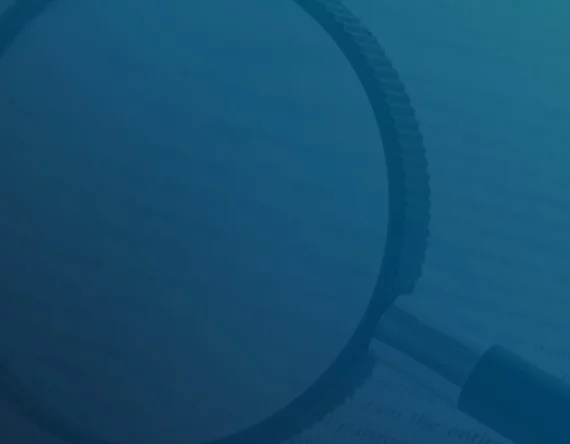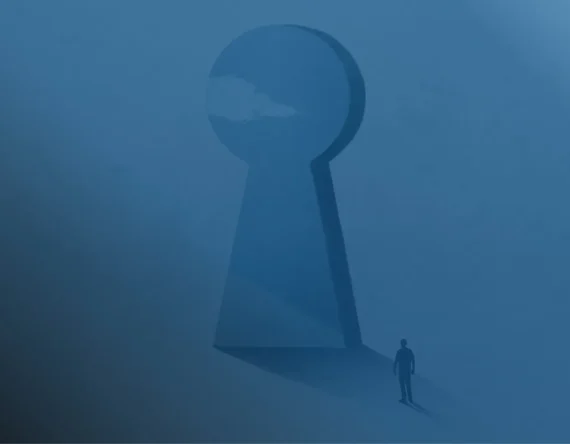This article originally appeared in Accounting and Business Magazine, August 2025.
‘Experts criticised as Royal Court finalises £49m payout in high-profile shareholder dispute’. This was the headline of a recent article in Jersey’s Bailiwick Express.
It related to comments in the judgment of the Royal Court of Jersey in an unfair prejudice claim that neither of the valuation experts instructed to value the plaintiff’s shares had been ‘particularly helpful to the Court’. The court found them to be ‘somewhat partisan and more ready to criticise their counterpart than to help the Court to navigate its way through a complex valuation exercise’.
These criticisms should prompt careful reflection by experts and their instructing solicitors on the importance of maintaining the expert’s independence and prioritising their duty to the court above all else.
The expert gave answers ‘that ranged far beyond the question put’
It is the duty of experts to help the court on matters within their expertise, and this should override any obligation to the party who instructed them. There are numerous judgments that set out principles governing the conduct of expert witnesses. One of the most seminal cases, The Ikarian Reefer case, outlined several duties and responsibilities, including that an expert witness should:
- provide independent assistance to the court by way of their objective, unbiased opinion
- make it clear where an issue falls outside of their expertise
- never assume the role of advocate.
Own the evidence
Solicitors are supposed to take particular care instructing experts to ensure that they understand the boundaries of their evidence. In one cautionary example, Skykomish Ltd v Gerald Eve LLP [2025], the judge observed that the claimant’s valuation expert ‘was at times an advocate for the claimant’s case’, noting that the expert gave answers ‘that ranged far beyond the question put’ and referred to documents ‘that seemed to me to have nothing to do with the topic’.
The expert, who had replaced a colleague in the proceedings, ran into further difficulty when relying on findings in the former expert’s report, despite seemingly having some reservations as to the accuracy of the figures. The judge commented that the expert could have carried out the work herself, rather than adopting the figures without checking. However, the judge did acknowledge the constraints the expert was under having replaced the previous one, noting that the report was ‘obviously prepared in a short timeframe’.
Expert witnesses need to be clear about the importance of their objectivity
Experts are often assisted in their work by others in their firms. However, the case of Patarkatsishvili & Anor v Woodward-Fisher [2025] highlights the importance of an expert’s opinions being their own. Here, the experts were instructed to value a scheme of works that would eradicate a moth infestation in a large house. The judge was unimpressed by the defendant’s expert’s grasp of the matters and believed that, to a considerable degree, the work ‘had been done for him by his team, and with the detail of which he was insufficiently familiar’.
The judge found further fault with the expert for being ‘unwilling to make sensible concessions and consider in an open way whether his opinion should be qualified or corrected’.
Expert witnesses must ensure they are fully engaged with the content of their reports, particularly where they are supported by a large team. They also need to be clear about the importance of their objectivity, and recognise that their credibility is strengthened, not weakened, by acknowledging where alternative views may exist and taking on board valid criticisms.
Stay objective
How does an expert maintain objectivity when it is clear that they simply don’t believe the factual evidence that forms the basis for their opinion? This was an issue considered in Wayne Allard v Govia Thameslink Railway Limited [2024], an (unsuccessful) appeal of a personal injury claim arising out of an incident at work.
The credibility of expert evidence depends on the expert’s ability to remain independent
It became clear during cross-examination that the defendant’s medical expert did not believe the claimant as to the symptoms he had suffered, and this was integral to the reasoning behind the expert’s opinion. The trial judge stated that ‘It is entirely outside the remit of an expert to decide which witnesses of fact he believes or disbelieves.’
Getting to the heart of the issue, he went on to explain that, in failing to deal with the possibility that the symptoms described by the claimant might be true, the expert had ‘deprived the Court of what evidence he might have been able to give if the Court accepted the truth of that account’.
Experts need to provide their opinions on the facts as they are presented and should not be drawn into assessing the facts themselves.
Ultimately, the credibility of expert evidence, and its value to the court, depends not only on the expert’s technical competence, but also on their ability to remain independent, objective and mindful of their primary duty to assist the court.
If you have any questions or would like to discuss this topic please reach out to Victoria Middleton.
To receive StoneTurn Insights, sign up for our newsletter.







